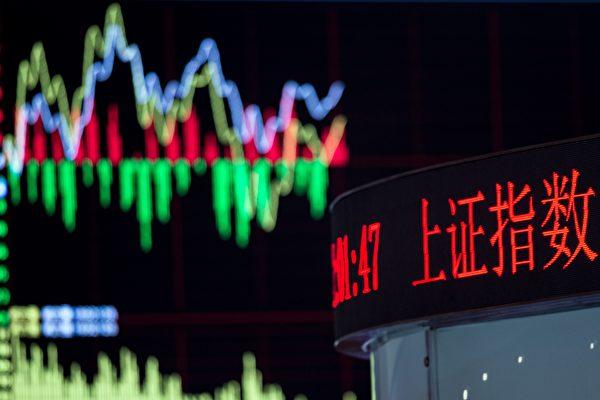The Chinese Communist Party (CCP) announced 5.2 percent growth in GDP for 2023 but the credibility of this figure has been widely questioned, with the data considered to lack substantive meaning.
This is because when measured in U.S. dollars, China’s nominal GDP decreased by 0.5 percent for the past year, marking the first negative growth since the significant devaluation of the Renminbi in 1994. It also marks the second consecutive year in which China’s global share in trade has decreased.




